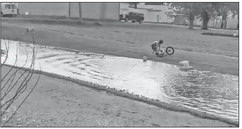fect on any other property, ….


fect on any other property, except with the written consent of the owners of each affected property.
“None of that was done. I didn’t sign anything. Jose ...


fect on any other property, except with the written consent of the owners of each affected property.
“None of that was done. I didn’t sign anything. Jose ...